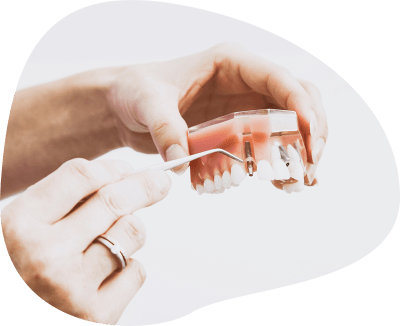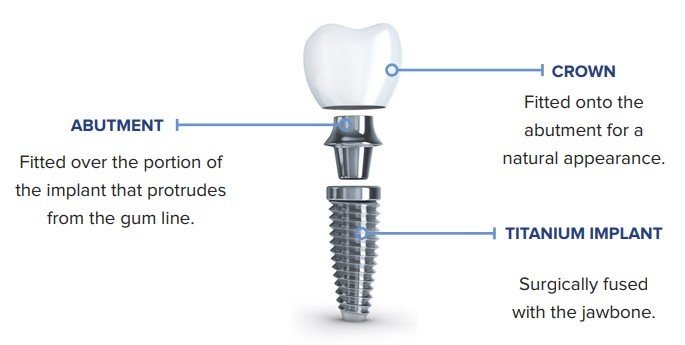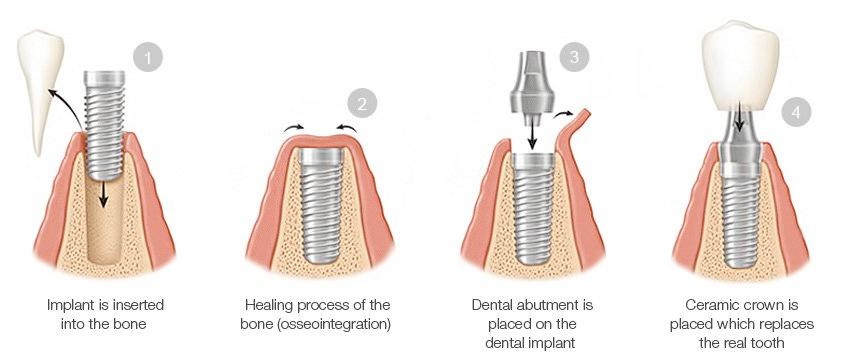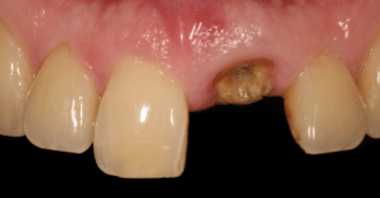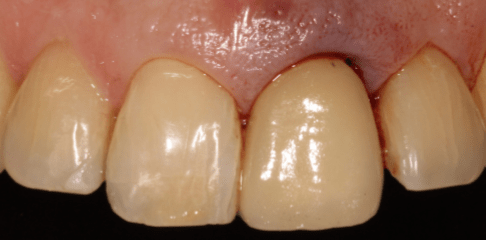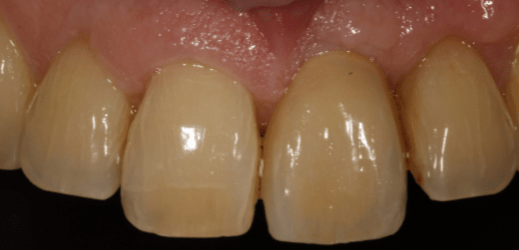Dental implants are an effective solution for missing teeth that can improve your oral health and restore your smile. However, like any medical procedure, there are potential complications that patients should be aware of. In this article, we will discuss the possible complications of dental implants and how they can be effectively managed.
One of the most common complications is bone loss around the implant. This can occur if the implant is not properly placed or if there is poor oral hygiene. However, regular check-ups with your implant dentist can catch any bone loss early and ensure it is treated before it becomes more extensive.
Another potential complication is infection around the implant. This is usually caused by poor oral hygiene, but can also result from other factors. To prevent infections, it is important to have your implants professionally cleaned by your dentist or hygienist on a regular basis. If you have a history of periodontal disease, your dentist may recommend a program of preventive periodontal therapy to help keep your implants healthy. Additionally, good oral hygiene practices, including brushing twice daily, can help prevent infections.
Implant loss is another possible complication, which can be caused by infection or fracture. While it is rare for an implant to fail, it is possible to replace a failed implant with a new one.
Implant fracture is also a rare complication, occurring in less than one percent of cases. This is more likely to happen in patients with parafunctional habits, such as clenching or grinding their teeth, or an unstable bite.
Complications relating to the prosthesis, such as crowns or bridges, can also occur. Porcelain fractures can be more common on implants than on natural teeth because there is less shock absorbency between the implant and the bone. However, mechanical fractures or loosening of screws are rare and usually occur in patients with parafunctional habits or unstable bites.
While there are potential complications associated with dental implants, they can all be effectively managed with regular check-ups and good oral hygiene practices. If you experience any issues with your implants, it is important to contact your implant dentist right away so they can address the issue and ensure your implants remain healthy and functional for years to come.
